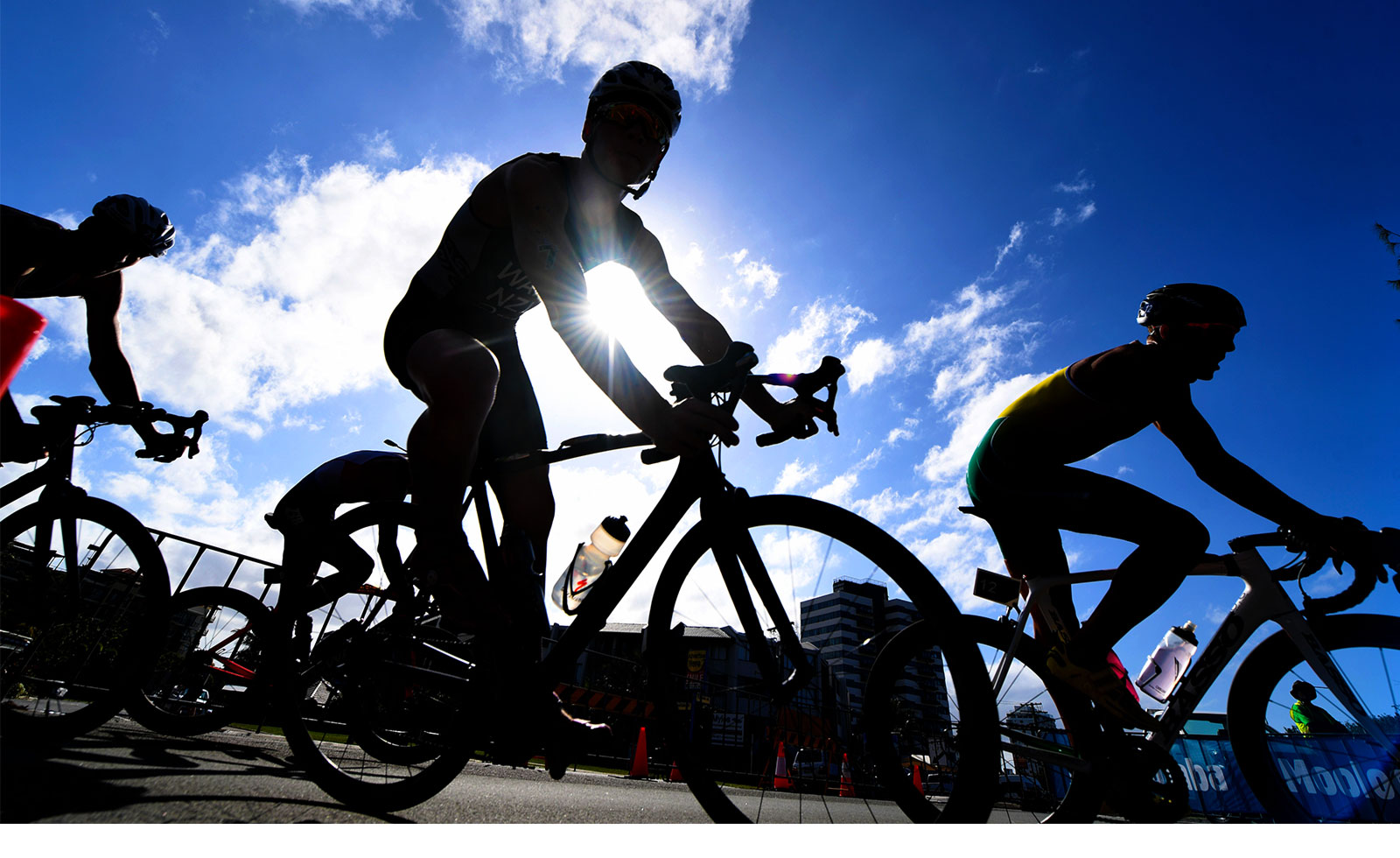With the triathlon season in full swing and some big upcoming local events, I thought I would tackle some common questions that I get asked regarding nutrition for triathlons.
Is my training diet important?
YES! A triathletes training diet will be highly individual, depending on the length of the course they are training for and the training schedule itself. Nutrition should be periodised to match different training phases, and used to promote recovery and optimise training adaptations. It is important that your energy requirements throughout the day are met with adequate protein, carbohydrates and healthy fats, especially when training several times per day.
What should I eat on race day? (this is normally the first question that is asked, but the training diet is more important to get sorted first before doing a race day plan)
The number one rule about your race day nutrition is that you need to practice it before hand! You do not want to be consuming new foods on the day of your race only to discover that you do not tolerate them well.
Again, your foods will need to be individualised to suit your requirements and taste preferences but generally, a carbohydrate rich breakfast or snack should be consumed prior to racing. This snack should also be low in fibre and fat to help with digestion. You should also aim to be adequately hydration before the race.
During the bike and run legs of the race, a range of carbohydrate rich snacks or supplements can be consumed to help replenish glycogen stores in the body. This will need to be practiced in training to help the gut adapt to absorbing carbohydrate at high intensities. The amount of carbohydrate you will need will depend on how long you are racing for. A hydration plan should also be in place to help avoid becoming dehydrated.
Do I need to worry about nutrition after my race?
If you want to recover well, then yes you do! Post-race recovery meals and snacks should contain carbohydrates for fuel, protein for muscle recovery and plenty of fluid for hydration. The should be consumed soon after a race and throughout the rest of the day to ensure your body has all the nutrition it needs to recover and regenerate as soon as possible.
This information provides some general guidelines only. Every nutrition plan should be individualised to the athlete and tested prior to an event.

